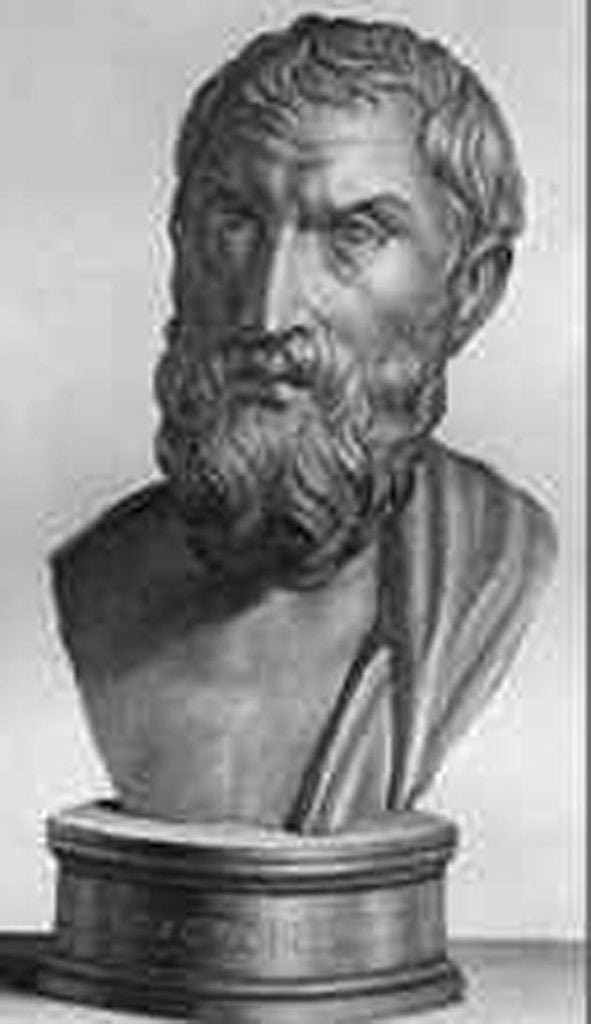Lucretius was a Roman poet and philosopher who wrote “De rerum natura” (On the Nature of Things), an epic poem widely regarded as one of the most influential works in history of literature, philosophy and science. In addition to his doctrinal and scientific impact, Lucretius extorted a profounded influence on countless later philosophers and scientists.

Very little is known about the life of Lucretius. He was born in 99 BC, according to most accounts. Jerome, a prominent Roman clergyman, wrote that a love potion had driven him insane. After writing some highly influential books in lucid intervals, Lucretius eventually committed suicide.
Probably one of the most influential works by Lucretius was his didactic poem, “De rerum natura” (On the Nature of Things), that consisted of six volumes. He wrote about diverse things such as atoms and the void, our modes of perception, and our will. He discussed the origin of the world and life, the causes of earthquakes, while reflecting on art, language, science and religion. The poem also talked about a variety of diverse scientific topics such as cosmology, mental illness, nutrition, clouds, the seasons, eclipses, magnet and poisoning. Lucretius was one of the first persons to discover that everything in this universe, ranging from planets and stars to mountains, decay. Centuries before the second law of thermodynamics, he predicted that one day “the walls of the sky will be stormed on every side, and will collapse into a crumbling ruin … Nothing exists but acorns and the void.” He rejected the idea of after-life, and stated that the body was made up of atoms and governed by the laws of Nature.
Lucretius died in 55 BC. He was around 44 years old.

